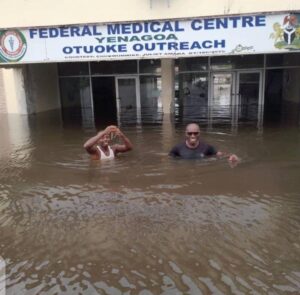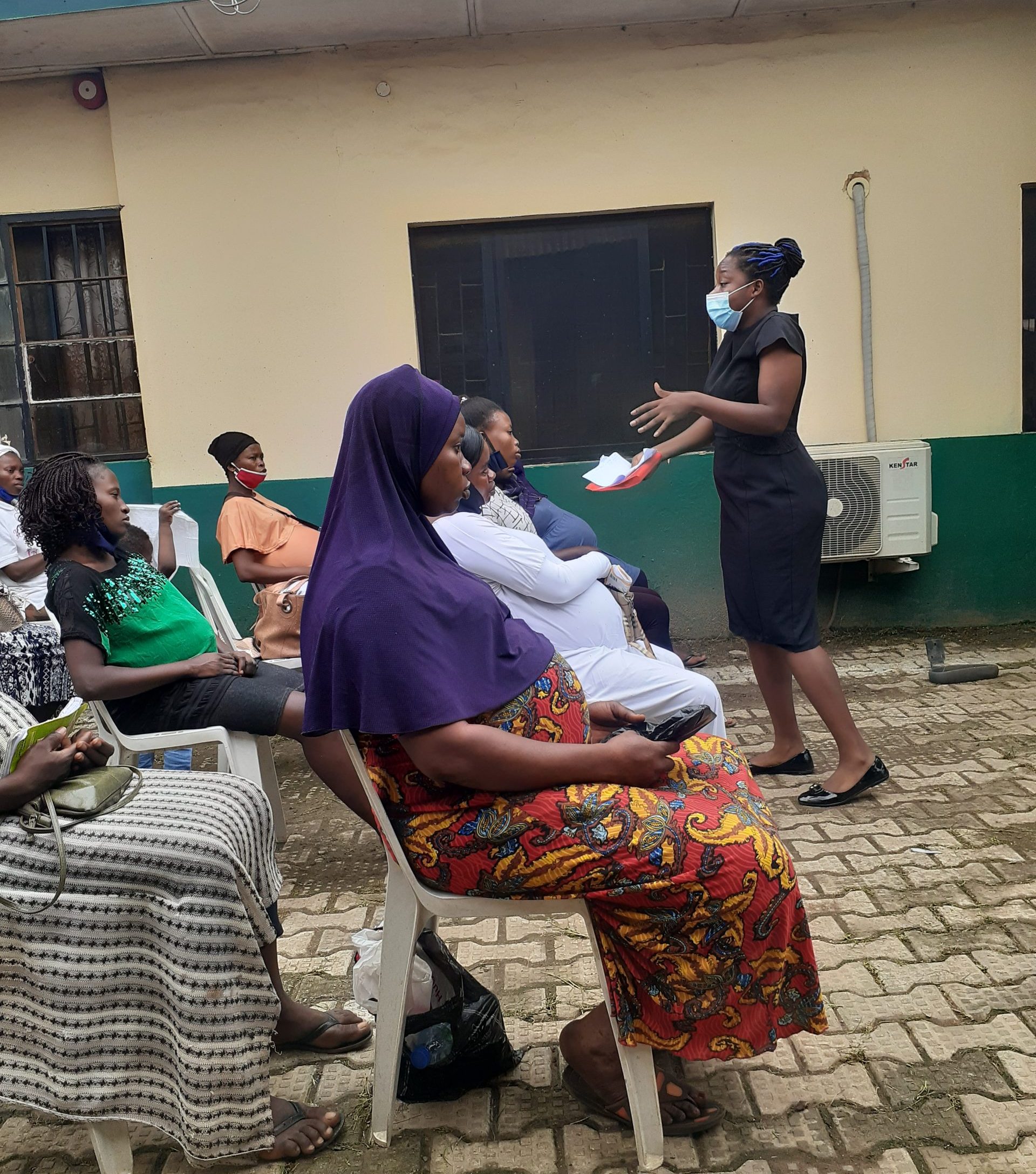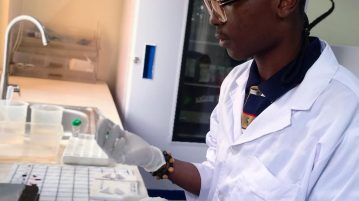Rapid industrialization has posed great threat to the environment. From the destruction of natural habitat of man to deforestation and destruction of forests reserves. This in turn, has led to natural disasters like flooding, wildfire, drought and extreme temperature, that also have adverse effect on health of people.
The effects of the ecosystem degradation vary from place to place and among people. For instance, in Subsaharan Africa, the environmental degradation goes on without regulation. There is rapid conversion of residential areas to industrial hubs and factory sites. However, this leads to different disasters, displacement and more.
A deeper dive into the reality of pregnant women in the face of flooding
According to the World Health Organization, 5 out of every 1000 women giving birth in Nigeria dies. This is about 512 deaths in 100,000 live births. To narrow this down, it further states that the lifetime risk of dying from pregnancy related complications in Nigeria is 22 compared to 1 in 4900 in industrialised countries. These statistics have been worsened by the Corona virus pandemic and now, flooding.
A few days ago, I dedicated some time to watching clips from areas affected by floods in Nigeria. I saw several houses submerged in water, farmlands destroyed, and public health facilities were not spared. For a minute, I asked myself, what is the hope of women who are currently pregnant in these affected places?
Nigeria is being faced with the issue of hunger, even before the recent menace. Anaemia in pregnancy has also been on the increase over the years, and this can be attributed to poor diet. Now that the floods have destroyed more crops and displaced more women, what is the hope of women like them? With no access to proper diets and routine drugs, many pregnant women will come down with anaemia and other morbidities, thereby putting their lives and that of their unborn child at risk.
Another issue of concerning is the known fact that malaria contributes to pregnancy-related illnesses and death, and pregnant women are advised to sleep in insecticide-treated nets (ITN) to prevent this. However, this cause can also not be achieved, as no one running for their dear lives will remember to take an ITN along. Some of these women now sleep in bushes, open fields, unconducive tents and uncompleted buildings serving as meal for angry mosquitoes. A whole lot will go wrong as these women are not able to access the intermittent preventive therapy (IPT) for malaria nor are they able to access proper health or social care.
In one of the trending pictures online, I saw a tertiary hospital totally submerged in water. This picture spoke to me in several ways. Currently, patients’ data are stored on paper in most facilities across Nigeria. With this knowledge, I would like you to break down the implication and make you understand what will become of these patients in those facilities.

Apart from not being able to access care until the flood is over, these women have also lost their pregnancy and medical history. A complicated pregnancy which is well managed can no longer be manageable, as all documentation on management has been lost. The time lag in establishing a diagnosis and making a decision in a new facility might be the deciding hour of life or death for these women, especially when it comes to pregnancy-related emergencies.
Let’s also not ignore the fact that most of these displaced women will not make it to the hospital for their delivery and most will eventually end up in the hands of unskilled birth attendants. I wonder where a woman who booked for a caesarean section due to a complication or previous scars would get help in a state under water? How would women access emergency obstetric services in these states? Likewise, young girls and women will have no access to family planning. This will lead to unwanted pregnancies, unsafe abortions and ultimately, avoidable deaths and complications.
Flooding in Nigeria is a recurrent and predictable problem. Hence, we much take our emergency and disaster preparedness seriously, to avoid these foreseeable yearly confusion and complications. We understand the pattern and leaders at all levels must put into consideration the full weight of the consequences of this disaster to keep our women safe.
It’s time to place value on the lives of women.
It’s time to act.
Stop the floods by building dams, planting trees and clearing drainage systems.
It is time to fully embrace technology to keep pregnancy and its related data safe and secured. This would subsequently help with seamless transfer of patients’ history across facilities for a well-rounded antenatal care.

About Author:
Dr Ifunanya Lilian Igweze is the Founder of Preggify and a Reproductive Health Advocate.


